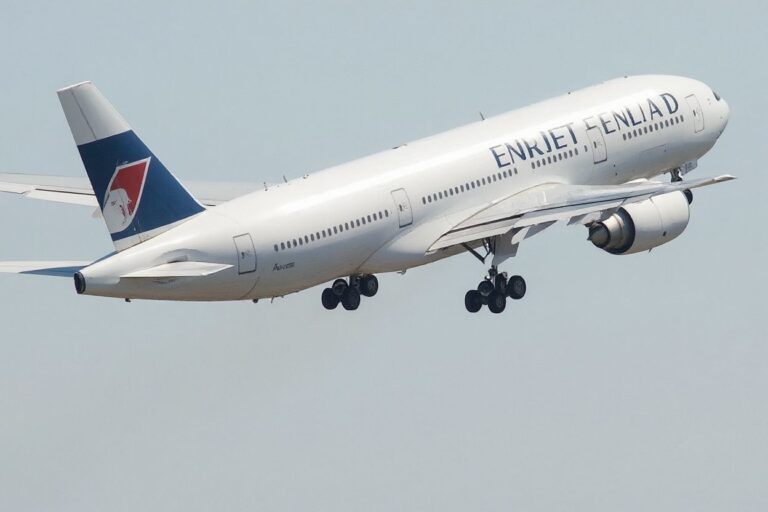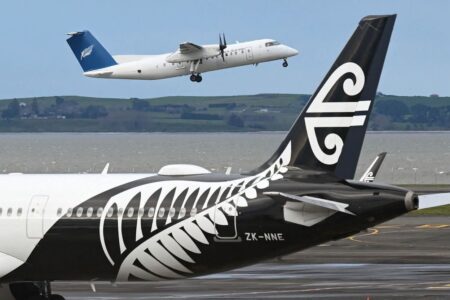
New Zealand’s borders would gradually reopen in 2022, with fully vaccinated visitors to enter from April 30. The country’s COVID-19 response minister said there could be a possibility that “bespoke” arrangements would allow international students and Australians to travel before April 30. In a press conference on November 24, Chris Hipkins said fully vaccinated citizens, residents and tourists will be allowed to enter the country in three phases.
Under its phased reopening, New Zealand’s borders will first open to New Zealand citizens and residents travelling from neighbouring Australia on January 16. This will be expanded to include Kiwis from the rest of the world on February 13. Fully vaccinated international travellers can enter from April 30, and will have to self-isolate for seven days upon arrival.
“We acknowledge it’s been tough, but the end of heavily restricted travel is now in sight,” Hipkins told reporters. New Zealand’s borders closed in March last year, requiring all international arrivals to undergo two weeks of hotel quarantine, a period that was recently cut to seven days.
Hipkins said under the new regime, travellers would self isolate for seven days provided they were fully vaccinated and passed a series of COVID-19 tests. The move comes amid mounting pressure from overseas-based New Zealanders frustrated at being unable to book spots in the overstretched hotel quarantine system.
 There are three phases to the reopening of New Zealand’s borders.
There are three phases to the reopening of New Zealand’s borders.
New Zealand’s borders: Moving away from a zero-COVID strategy
New Zealand’s border announcement comes as the country prepares to revamp its domestic COVID-19 response to scrap lockdowns in recognition that the highly contagious Delta variant is now firmly embedded in the community.
Its previous strategy of eliminating the virus completely has resulted in just 40 deaths in a population of five million, but officials have admitted Delta means the goal is no longer achievable.
Hipkins acknowledged many New Zealanders wanted the border open for Christmas but said it was not a realistic expectation. “There continues to be a global pandemic, with case numbers surging in Europe and other parts of the world,” he said. “So we need to be careful about reopening our border, that’s what we’re doing and what we’ve always done.”
Hipkins said from next month, India, Pakistan, Indonesia, Fiji and Brazil would no longer be classified as very-high risk countries, making their nationals eligible to travel to New Zealand from April 30. He said there was a possibility “bespoke” arrangements would allow international students and Australians to travel before April 30 but could offer no guarantees.
Speaking to RNZ, English New Zealand chair Darren Conway said April 30 was too late.
“The problem is that we’re so much behind everybody else and New Zealand will just, I think, permanently lose market share to the rest of the world because of how slow we have been to act,” he was quoted saying. “Australia is welcoming international students for example from next week, from the first of December. We will be five months behind them. Why?”
Additional reporting by AFP.










